
If you are wondering how to select a cork for wine, there are actually a number of factors you must take into consideration before selecting this important component of your bottle of wine.
Although there's no hard and fast rule on the best cork for wine, there are several factors that will contribute to your selection.
A quality bottle of wine is an investment, so you want to select a cork that will provide decades of enjoyment. Below are some of the most important factors you should consider before going through the process of selecting a cork for wine.
Factors to consider in cork selection
- The main factor that influences the selection of cork is time. Oxygen is the enemy and corks do not provide a perfect oxygen-free seal. Certain corks do provide a better seal than others.
- Synthetic Cork is cheap and made of plastic. These are best used for wines that you intend on opening within 6-12 months of bottling at the most.
- Agglomerated cork is made from compressed cork granules with synthetic binding agents. These are roughly 50% cork granules and 50% synthetic agents. If left in the bottle for too long they can disintegrate into the bottle.
- When buying a batch of cork, testing should be performed for cork taint. This can be done by selecting a cork at random and placing it into 100mls of wine for 24hours. After this time you should be able to detect whether there are any TCA aromas, characterized by a moldy scent, sometimes described as a wet newspaper or wet dog.
Time for corks
- Synthetic wine corks are rated for around 1-2 years.
- Agglomerated wine corks are rated for up to 5 years.
- Natural wine corks are rated for 5-20 years.
There's the tapered cork seal, the slanted bottle, and the balled-in bottle. Each has advantages and disadvantages. The type of bottle you purchase will depend on your personal preferences.
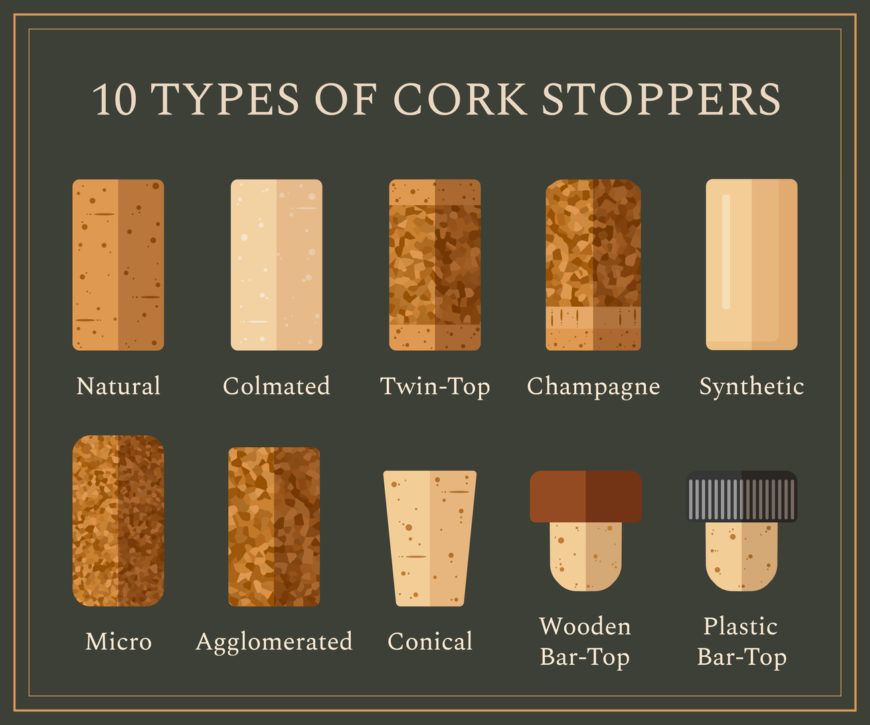
Tapered Corks
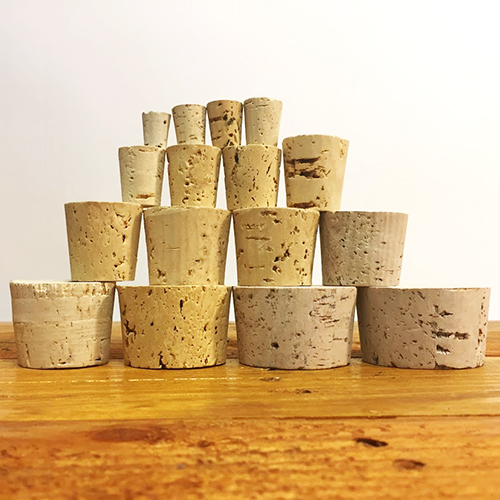
Tapered cork varieties are the most popular because they have small cork granules located at the tip of each cowslip. Because of this, the wine is sealed tightly against the cowslip using pressure. This method uses a little more effort than the slanted variety, but some tasters prefer it. The disadvantage is that it can't be used with all types of cork products, so if you're looking to seal an aged cork, natural corks, or sherry bottles, you may not be able to use this style of cork.
Balled-in Bottle
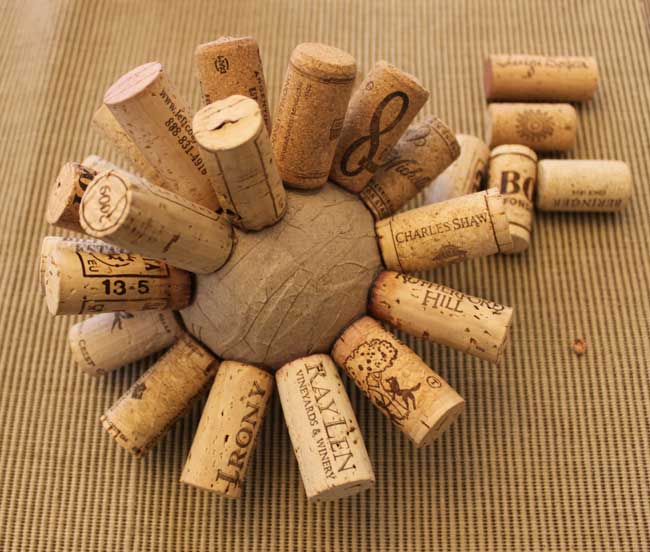
Also known as corkscrews, these corks allow you to manually drag them through the wine. You'll need to experiment to find the best technique for your particular bottle. This style of corks allows the oxygen flow throughout the wine. Most of the good quality corks allow at least two to three minutes of oxygen exposure for each bottle of wine. They are also designed to have the corks open for the best contact with the wine.
Slanted Bottle
These corks are similar to the tapered variety, except they will have larger corkscrews with more of the cowslip showing. They allow you to more effectively seal the corks with your fingers for greater control. When the wine is stored in a cabinet, the slanted bottle works best for protecting the corks from getting moist. Some of the best cork choices for sipping wines are these. They also allow for the best corking of red wines.
Cork Disk
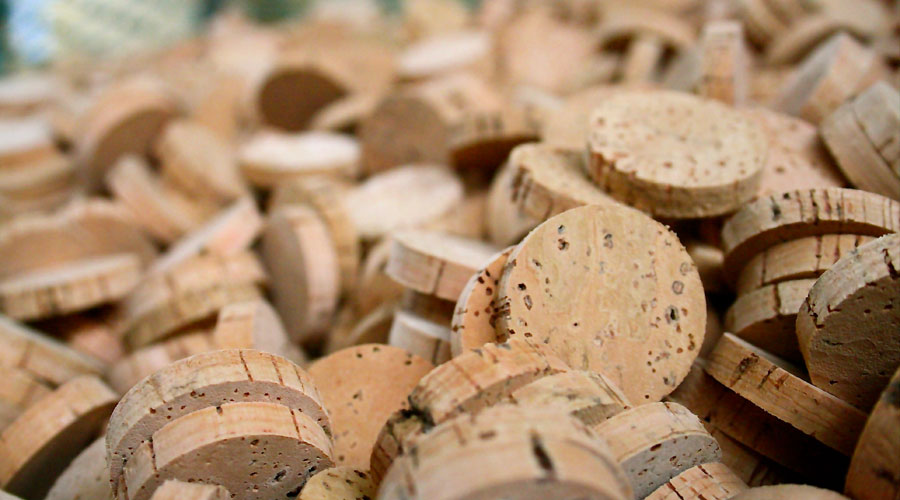
Most of the cork options have corkscrews with a raised lip around the edge. A raised lip helps keep the cork from breaking when you try to pull it from the bottle. Cork disks are made of natural cork granules which make it easier to pull the cork out. They are more durable than natural cork and have less chance of breaking. Cork disks are best used with red wines.
Synthetic Cork Stoppers
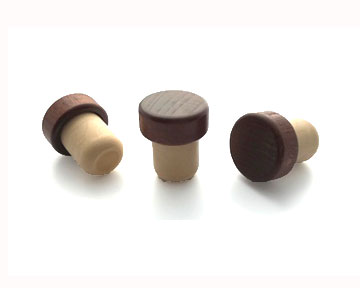
Some of the more common brands that use synthetic corkscrews include Producers and Old Gringo. Synthetic cork stoppers help keep wines stored in bottles longer by preventing the cork from drying out. They tend to be less expensive than natural corks and do not have as many options for designs.
Cork for Wine: Sizes
When you buy a corker, you should also consider the sizes of bottles it can fit. Most corkers are made to fit cork bottles up to one and a half inches in height, but larger bottles may need special sizes to fit.
#8 corks are our recommended diameter.
makewinelab.com
Corkers are available in a variety of shapes and styles. You can choose one that will compliment your overall set up and look great on your countertop.
Are you beginner in winemaking?
Get our easy to read guide step by step: The complete guide to making your own wine.


